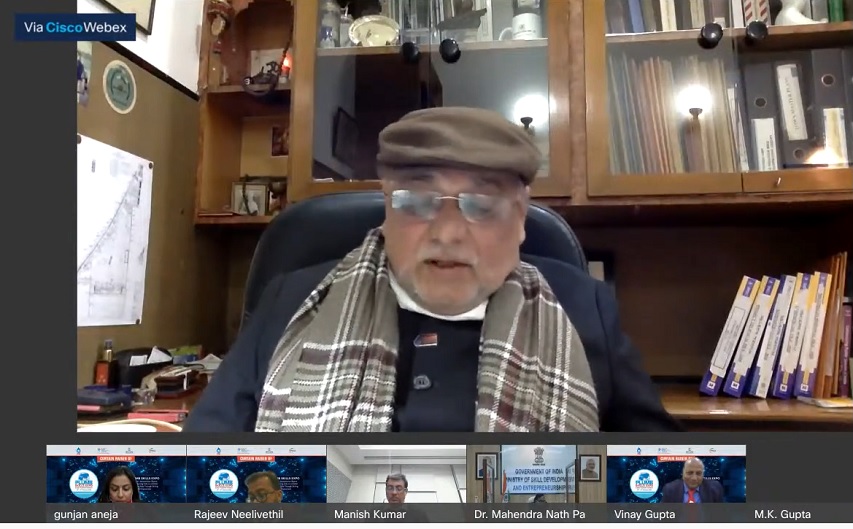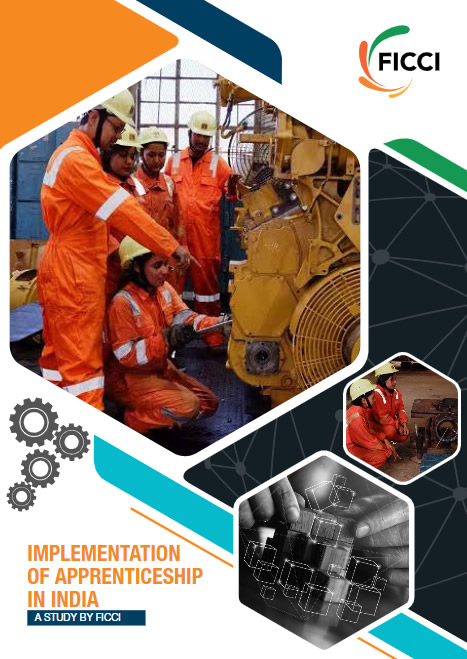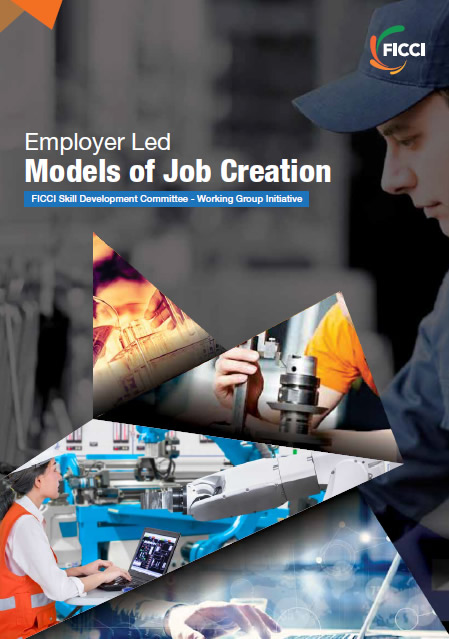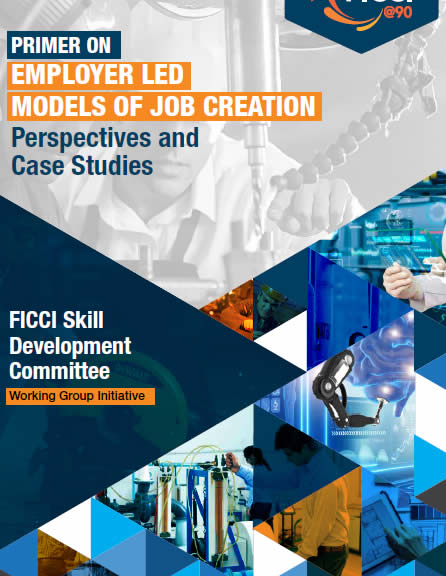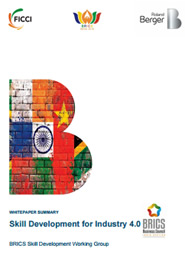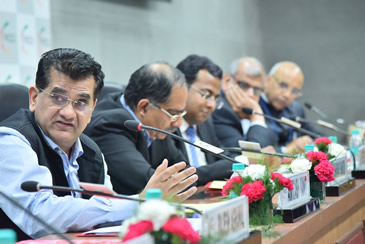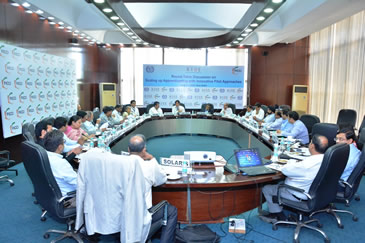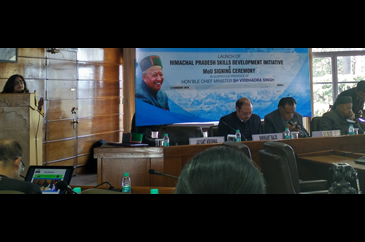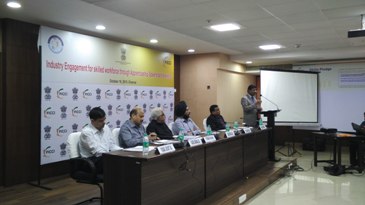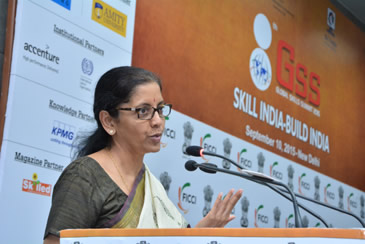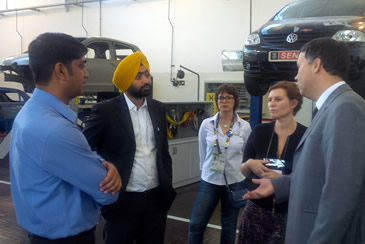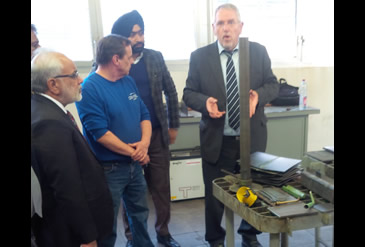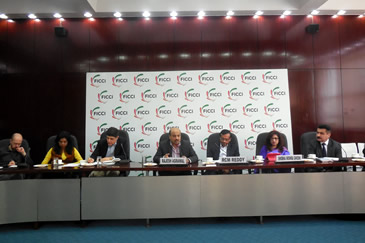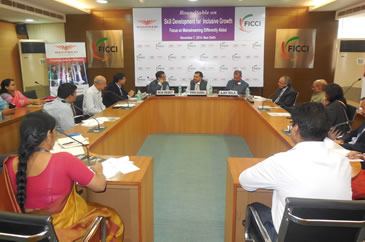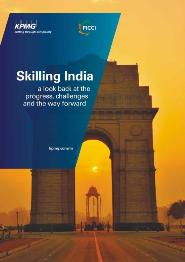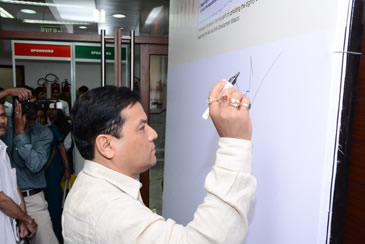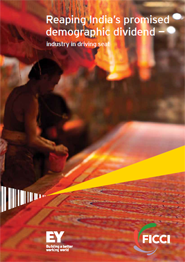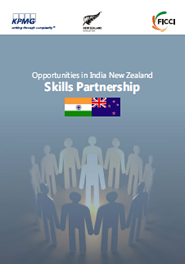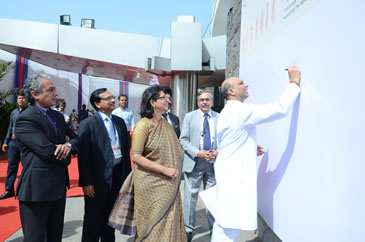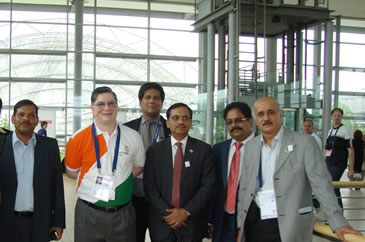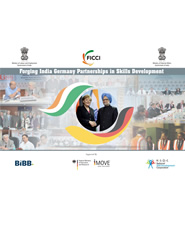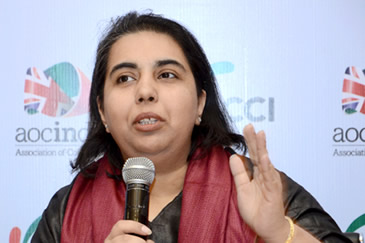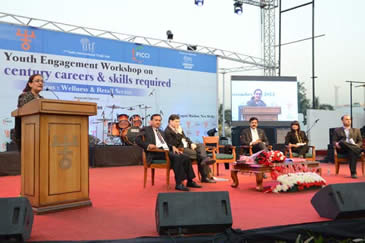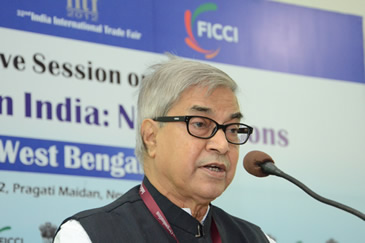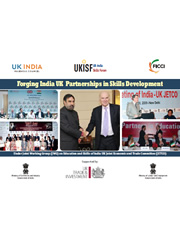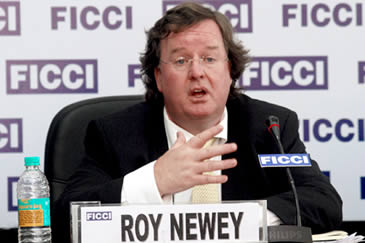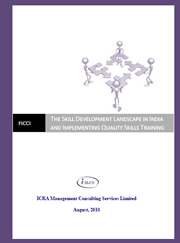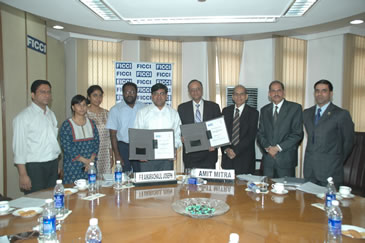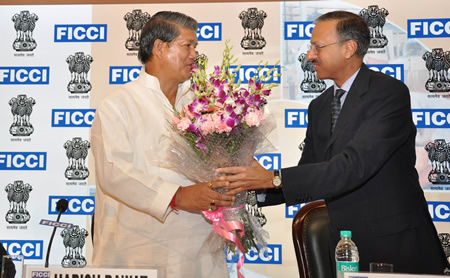FICCI recognizes that Skills Development is an important imperative for achieving India's ambitious growth targets. It is committed to working with the stakeholders, especially the industry, government and academia to create sustainable and scalable skills propositions which will benefit the youth of the country from all sections of society.
- Government schemes with multiple certification systems further fragment industry initiatives. We need consolidation and scale to happen. The country needs more participation from private players and industry.
- The unorganized sector which constitutes about 93% of the workforce is not supported by any structural system of acquiring or upgrading skills. Training needs in this sector are highly diverse and multi skill-oriented. Further there is no certification system for a large chunk of workers, who do not have any formal education but have acquired proficiency on their own
- Another concern is the availability of information on skills development. There are many examples of good and innovative practice in India, but they can sometimes go unnoticed or have low visibility.
- A basic problem with the skill development system is that the numbers, quality and skill types - system is non-responsive to labour market, due to a demand -supply mismatch on several counts.
- The advent of Intelligent Automation and Robotics will change the skill development ecosystem; all the stakeholders need to come together to make Indian workforce “future ready”. We still don’t have a structure in place to meet the growing challenges of Industry 4.0 technological advancements.
FICCI's Engagement
- Policy Advocacy
- Industry Intervention
- International Collaboration
- Identifying and engaging ‘right’ stakeholders to facilitate collaboration
- Creating knowledge repository of various initiatives which feeds into policy making and industry engagement
- Enabling international collaboration to position India as skills gateway of the world
FICCI Stand:
- Engage Industry to participate in skilling activity by engaging with CEO’s and senior management.
- Expose skill providers to international best practices to improve quality and delivery (also with best practices of Industry 4.0 related training and skilling activities.)
- Aggregate Industry efforts through sectoral approach and a systematic labour market information System and quality standards.
Team Leader
Rajesh Pankaj
DirectorTimeline
World Youth Skills Day Celebration
FICCI CEMCA RPL Symposium
Himjyoti Foundation Assessment & certification - 60 Nos
2nd Skill Development Committee Meeting
Schoolnet Assessments & Certification - 2500 Nos
Learnet Assessment & Certification- 300 Nos
FICCI AWS Digital Skills Initiative - Building Future ready workforce
FICCI AWS Digital Skills Workshop - Building Future ready workforce
Govt to come up with Digital University frameworks to facilitate workforce: Dharmendra Pradhan
Industry Perspective on Demand of Skilled Workforce - Post Pandemic Scenario
Government to soon launch PMKVY-3 scheme, plumbing sector to also benefit: Dr Mahendra Nath Pandey, Minister of Skill Development & Entrepreneurship
Skill Development Policy needs to be tailored for Four Indias within India: TV Mohandas Pai, Chairman, Manipal Global Education
India to be key provider of skilled workforce to entire world: Dr Mahendra Nath Pandey, Minister, Skill development and Entrepreneurship
Public policy makers need to come to grips with changing nature of jobs and their availability: Skill Development Minister Dharmendra Pradhan
Dharmendra Pradhan to inaugurate Global Skills Summit tomorrow States share best practices on cluster-based job creation model as a precursor to GSS
India and UAE to engage strongly on skills harmonisation
India-UAE Skill Mapping and HR Conference
India-UAE Skill Mapping and HR Conference in Dubai on 22 April 2018
Indian contingents competing with global players at Worldskills competition in Abu Dhabi
Dharmendra Pradhan inaugurates FICCI's 10th edition of 'Global Skills Summit'
By 2022, 37% of Indian workforce would be in jobs demanding radically different skill sets: A report by FICCI-NASSCOM
CGSC wins Best Sector Skill Council and Best Standard & QA Excellence Award
Wild Card Entries for Worldskills India
#StartInCollege Phase 2 to be launched at FICCI Global Skills Summit on Engineers Day
Close Group Technical Round-Table Discussion of Prospective Apprenticeship Task Force Members
FICCI business delegation to Japan to explore collaboration in Skill Development and Vocational Education
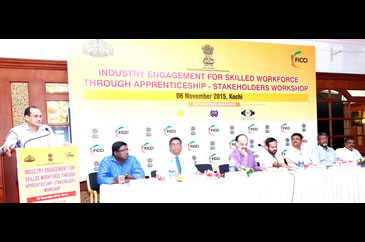
Workshop on 'Industry Engagement for Skilled Workforce Through Apprenticeship - Stakeholders'
80% employers satisfied with quality of engg. graduates hired: FICCI-WB survey
Youth needs additional skills to become industry-ready and employable, says Nirmala Sitharaman
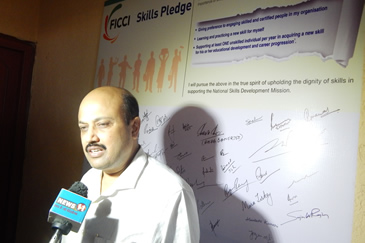
Workshop on Industry Engagement for skilled workforce through Apprenticeship at Ranchi
FICCI welcomes the cabinet approval of India's first integrated National Policy for Skill Development and Entrepreneurship
42nd WorldSkills Competition
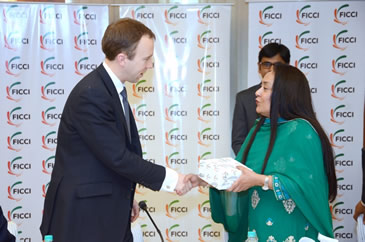
FICCI Skill Development Forum Luncheon Meeting with Mr. Matthew Hancock, Parliamentary Under Secretary of State for Skills, UK
National selections begin for World Skills India 2012; Qualifiers to represent India in International Competition (Germany) in July this year
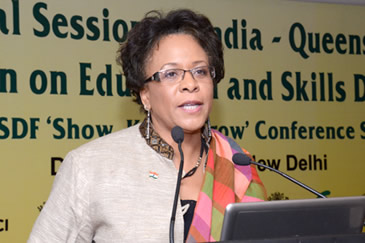
Special Session on India-Queensland: Collaboration on Education and Skills Development

FICCI- UK India Business Council (UKIBC): Report on Vocational Education for School Learners in India and the UK
FICCI Survey on Labour / Skill Shortage for Industry

FICCI-Ernst & Young: Knowledge Paper on "Strategic and Implementation Framework for Skill Development in India September 2011"
Workshop on "Training of Trainers: Models & Case Studies from UK" on the occasion of the 4th FICCI Global Skills Summit 2011
Workshop on "German Vocational Education & Training in specific sectors - lessons for the formation of Sector Skills Councils (SSCs) in India"
India Inc Confronted With Severe 'Quality' Manpower Crunch; Says FICCI-Cvoter Survey
20 Sectors to Drive Economy and Create bulk of Employment
Huge Skills Shortage Rocks Indian Food Industry: FICCI Survey
Viability Gap Funding for Private Skill Training Providers: Harish Rawat
Labour unrest and strikes inimical to fresh investments and affect countryys economic prospects: FICCI














